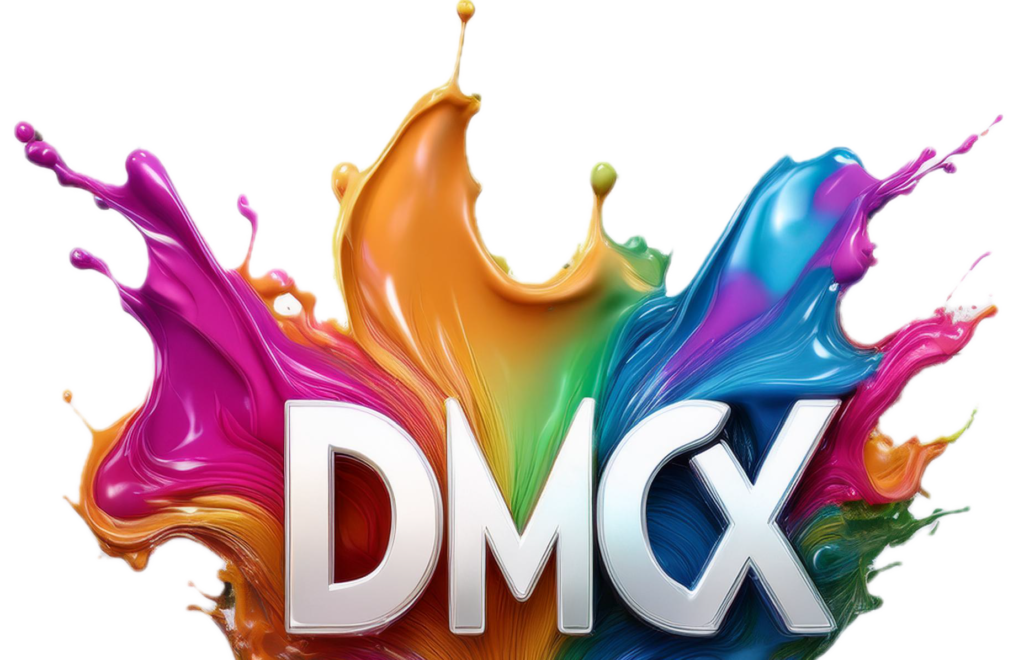The time span from 1940 to 1960 marked a transformative period in the world of music, where various genres flourished and influential artists emerged. This era witnessed the rise of jazz, swing, blues, rock and roll, and the birth of rockabilly. Each artist contributed to the vibrant tapestry of musical innovation, leaving an indelible mark on the global music scene.
Louis Armstrong – The Jazz Maestro
Louis Armstrong, a legendary figure in jazz, became an international icon during this period. Known for his distinctive gravelly voice and virtuosic trumpet playing, Armstrong’s charismatic stage presence was unmatched. His rendition of “What a Wonderful World” became an enduring anthem of hope and positivity, resonating with audiences to this day.
Frank Sinatra – The Voice of a Generation
Frank Sinatra, an iconic crooner, captivated audiences with his smooth vocals and magnetic charm. His signature hits like “Fly Me to the Moon” and “My Way” solidified his status as one of the greatest artists of all time. Sinatra’s unparalleled ability to convey emotion through his music made him a true legend in the realms of swing and traditional pop.
Muddy Waters – The King of Blues
Muddy Waters, a pioneering blues artist, shaped the future of rock music with his electrifying performances and raw, soulful voice. His songs, including “Mannish Boy” and “Hoochie Coochie Man,” showcased his profound influence on rhythm and blues. Waters’ innovative guitar playing and heartfelt lyrics laid the foundation for generations of musicians to come.
Chuck Berry – The Architect of Rock and Roll
Chuck Berry’s energetic guitar riffs and vibrant stage presence laid the groundwork for the rock and roll revolution. With hits like “Johnny B. Goode” and “Roll Over Beethoven,” Berry combined rhythm and blues with catchy, guitar-driven melodies, shaping the future of popular music. His electrifying performances and influential songwriting style inspired countless musicians, making him a true pioneer.
Elvis Presley – The King of Rock and Roll
Elvis Presley burst onto the scene in the mid-1950s, revolutionizing popular music with his charismatic persona and groundbreaking sound. With songs like “Heartbreak Hotel” and “Jailhouse Rock,” Elvis defined the rock and roll genre. His fusion of blues, country, and gospel created a new wave of music that would leave an indelible impact on generations to come.
Johnny Cash – The Man in Black
Johnny Cash’s deep, resonant voice and introspective lyrics made him a legend in the world of country music. Songs like “I Walk the Line” and “Ring of Fire” showcased Cash’s ability to convey raw emotion and personal experiences. His outlaw image and distinctive sound influenced a new generation of country and rock artists, solidifying his place in music history.
Era Conclusion
In conclusion, the period from 1940 to 1960 witnessed the rise of several groundbreaking artists who shaped the musical landscape across genres. Whether it was the jazz mastery of Louis Armstrong, the suave charisma of Frank Sinatra, or the raw energy of Chuck Berry and Elvis Presley, these artists left an indelible mark on the global music scene. Their greatest hits continue to resonate with audiences, reminding us of the timeless beauty and power of their artistry. The era stands as a testament to the creativity and innovation of these musical visionaries, who pushed boundaries and set the stage for the future of popular music.
























